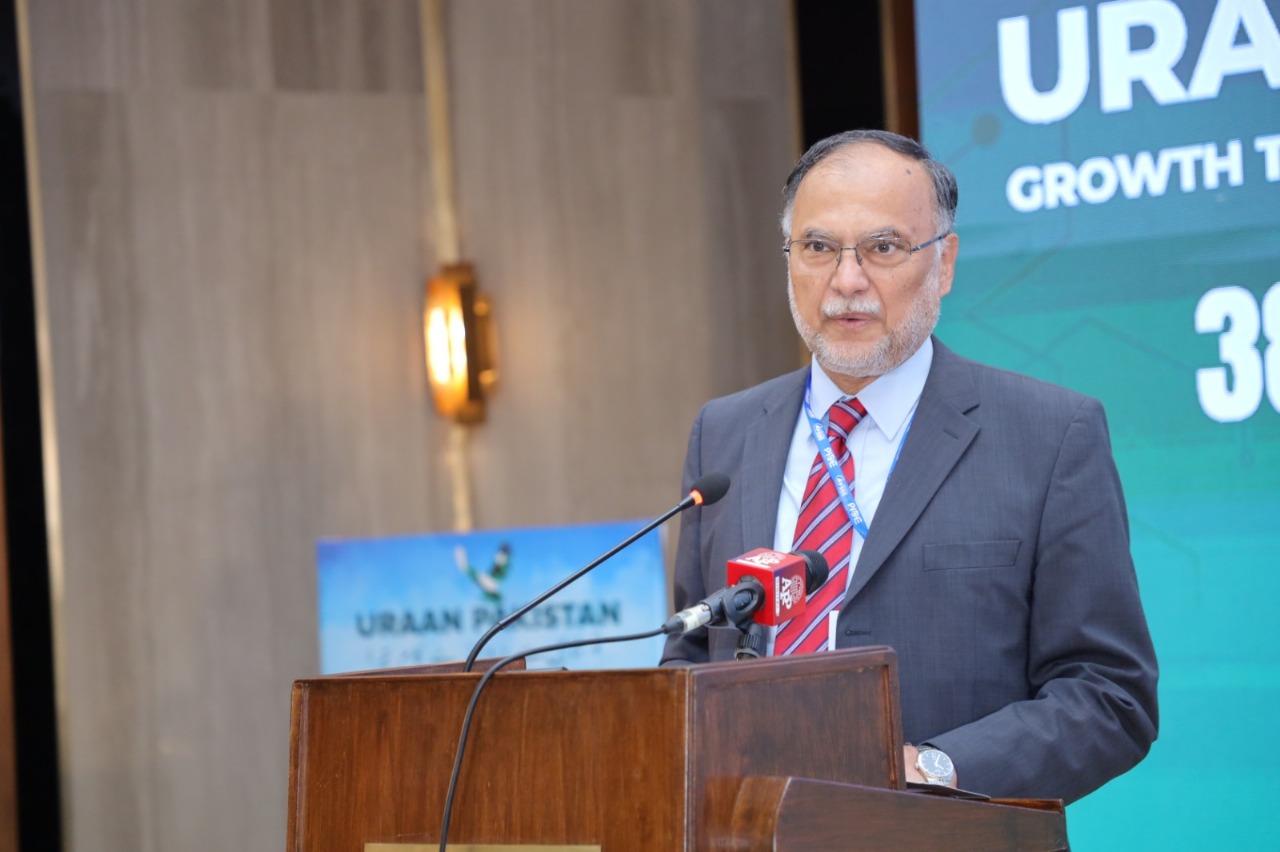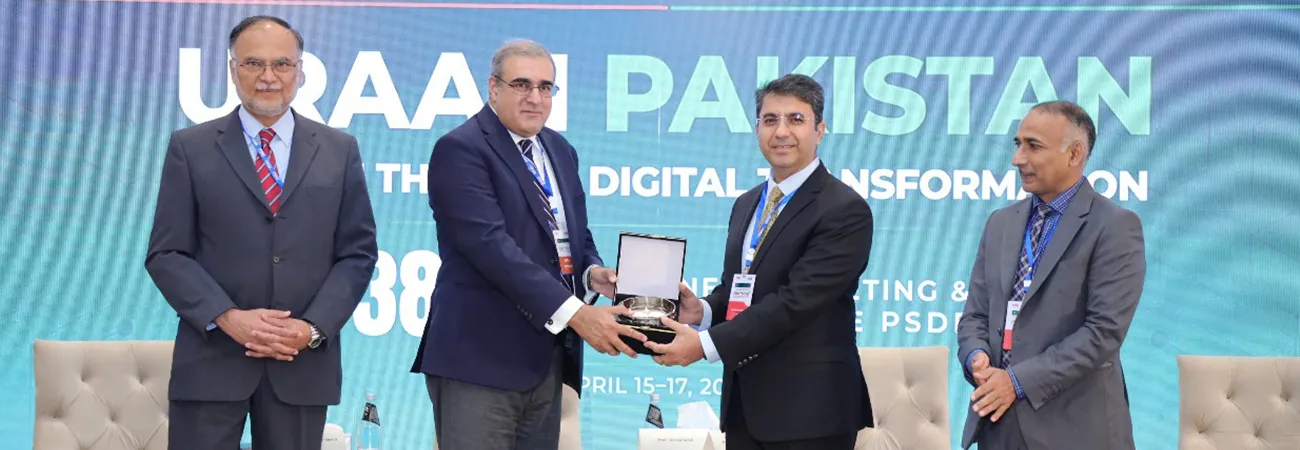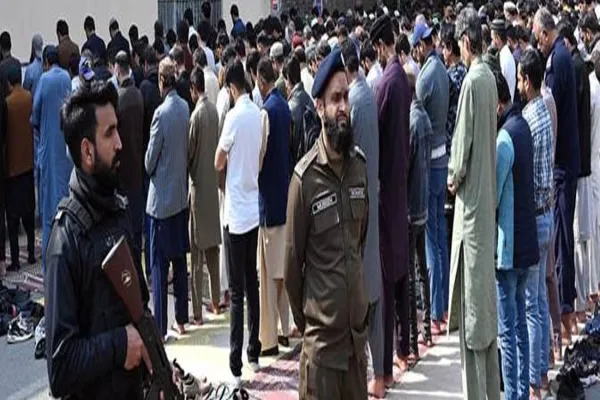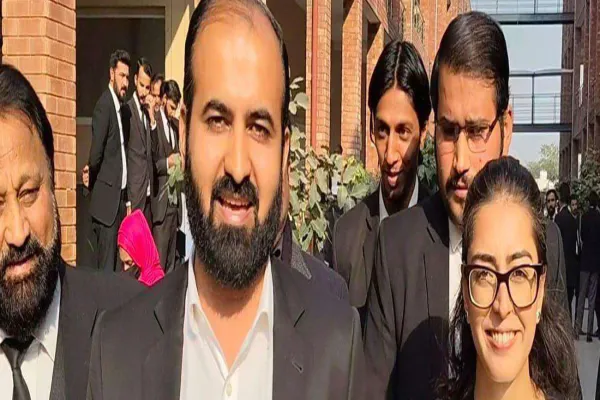i NEWS PAKISTAN
Technology is a powerful equalizer. Pakistan is not underdeveloped—it is under-managed and is direly in the need for long-term planning, national centres for digital innovation, and consistent policies to overcome structural instability, stated, Federal Minister for Planning and Chancellor of PIDE, Prof. Ahsan Iqbal at the 38th Annual General Meeting and Conference of the Pakistan Society of Development Economists (PSDE), organized by the Pakistan Institute of Development Economics (PIDE).
With a robust three-day agenda of thematic panels, policy dialogues, and expert lectures, the PSDE conference sets the stage for actionable insights and collective commitment toward a digitally empowered Pakistan. The conference aims to: accelerate Pakistan’s digital transformation through inclusive, data-driven policies; integrate global best practices with localized adaptation for AI and digital governance; strengthen public-private partnerships in education, health, and technology; and redefine development by promoting innovation, youth engagement, and long-term planning.
The said session held in collaboration with the Ministry of Planning, Development & Special Initiatives (MoPD&SI), the Asian Development Bank (ADB), the Pakistan Poverty Alleviation Fund (PPAF), RASTA, and the CPEC Centre of Excellence, the conference is themed “URAAN Pakistan: Growth Through Digital Transformation”—a call to reimagine development in the digital era.
Dr. Nadeem Javaid, President of PSDE and Vice Chancellor of PIDE, introduced his “Leapfrogging Ladder Theory,” proposing a model for Pakistan to bypass conventional stages of development. He said, “We cannot shape the digital future with analog instincts—Pakistan must choose curation over censorship, and strategy over suspicion.”
Mr. Awais Manzur Sumra, Federal Secretary of MoPD&SI, described URAAN Pakistan as a strategic blueprint to achieve a $1 trillion economy by 2035. He reaffirmed the centrality of the 5Es framework to digital-first governance and urged policymakers to implement real policy shifts to build a more inclusive, technology-driven Pakistan. Dr. Nasir Iqbal, Secretary of PSDE, reaffirmed the Society’s enduring role in connecting rigorous academic research with practical policymaking.

Credit: Independent News Pakistan (INP)









